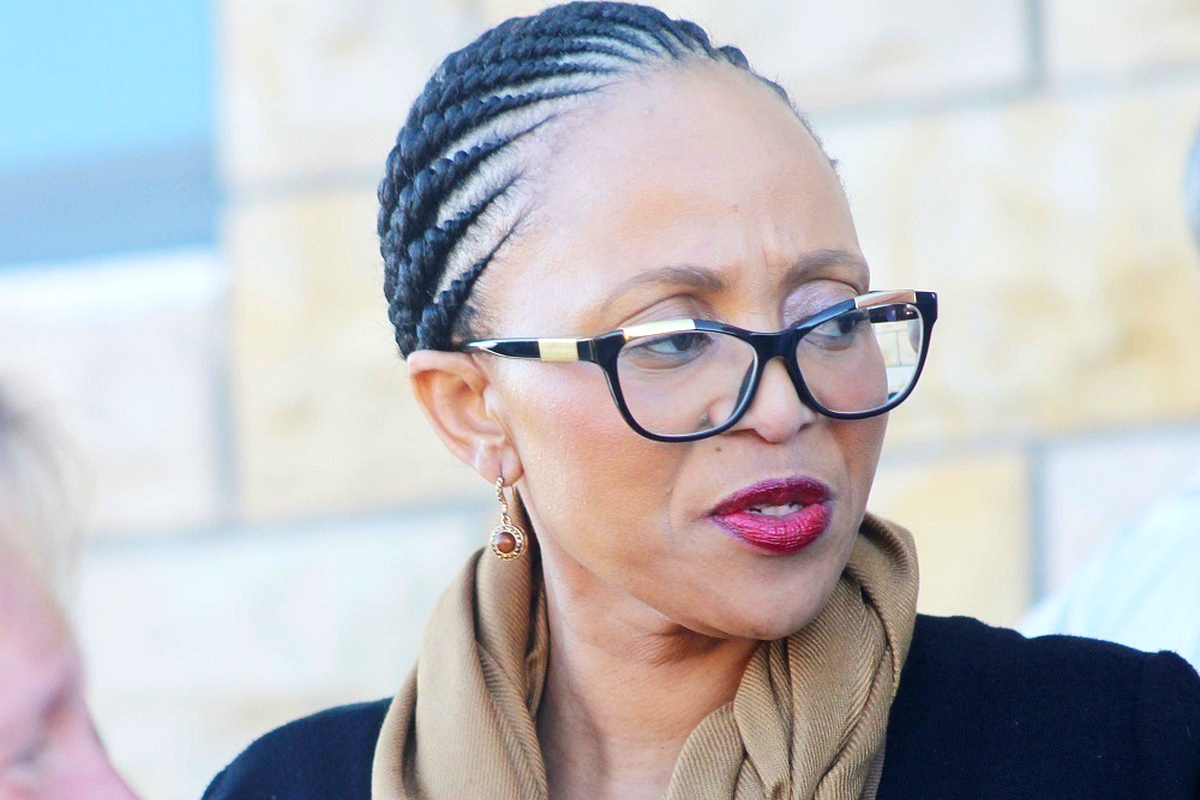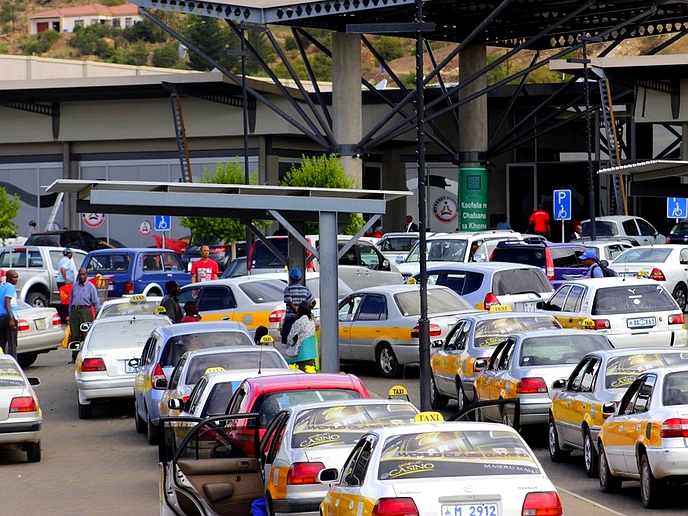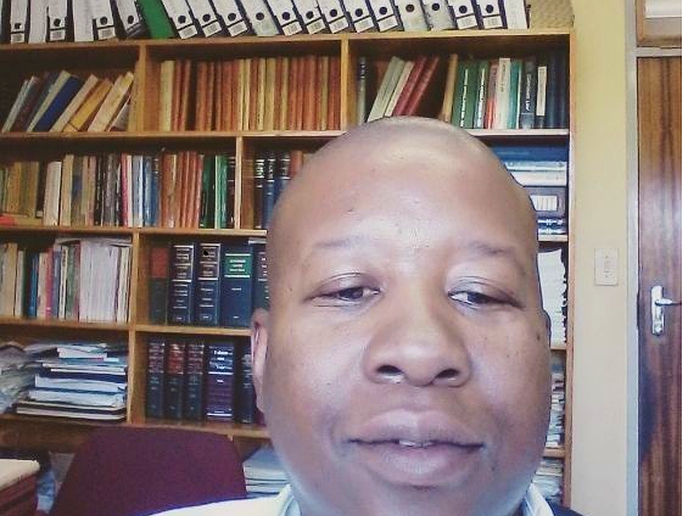THE Revenue Services Lesotho (RSL) is expected to miss its revenue target by M531.26 million at the end of the 2022/23 fiscal year.
business
Dec. 12, 2022
NEO SENOKO
3 min read
Tax revenue expected to decline

Minister of Finance, Dr Retšelisitsoe Matlanyane
Story highlights
The projected shortage in the tax revenue is a result of poor performance in income tax collection compounded by the failure of the 10th Parliament to enact the proposed Tax Revenue Bill.
“The shortfall is expected to be M318.7 million compared with budget estimates. Out of the projected M586.4 million of alcohol and tobacco levy, nil amount will be collected after the levy failed to take effect,” the Minister of Finance, Dr Retšelisitsoe Matlanyane said on Friday during the midterm budget review in the National Assembly.
The revelation comes shortly after former Commissioner General, Thabo Khasipe decided not to renew his contract with the company after serving two successful terms.
Khasipe with his remarkable strategic prowess managed to transform the then Lesotho Revenue Authority (LRA) into arguably the highest-performing organisation in the country.
He leaves the RSL at a critical point when its focus is to leverage technology to improve revenue collection efficiencies.
Although SACU revenue for 2021/22 was lower by M2.9 billion relative to 2020/21, Matlanyane revealed that various measures that were deployed to restrain spending served well to mute fast-growing expenses.
The 2022/23 budget had projected a deficit of 7.7 percent of GDP (M3.3 billion) at the back of the projected 14.3 percent increase in recruitment spending relative to 2021/22.
However, despite reduced SACU revenue shares which dwindled by M608.5 million against M6.01 billion received in 2021/22, the overall fiscal operations are expected to remain muted at 4.3 percent of GDP (M1.7 billion).
The government wage bill is projected to decrease by M1.2 billion against the budget estimate of M7.9 billion. Also, M20.6 million will be saved in the use of goods and services while debt service will remain the same as budget at M765. 7 million.
“The medium-term growth outlook remains resilient but dependent on fiscal saving, structural reforms, donor support, and external development. Growth is heavily dependent on investments from LHWP-II construction.
Enjoy our daily newsletter from today
Access exclusive newsletters, along with previews of new media releases.
Constant growth over the medium and long term will have to hinge on strong private sector development and successful execution of structural reforms to improve governance,” Matlanyane added.
She said growing domestic payment arrears can cause increased costs to the government, adding that government suppliers may adjust prices to compensate for late payments or delayed supply of inputs, which may affect service delivery.
A large volume of arrears may indicate several various problems, such as inadequate commitment controls, cash rationing, inadequate budgeting for contracts, under-budgeting of specific items, and lack of information.
Matlanyane said managing fiscal revenue volatility is a serious policy challenge for Lesotho.
Over the past decade, Lesotho has faced significant revenue volatility, largely owing to highly unstable SACU receipts.
A reduction in receipts typically leads to a fiscal adjustment and contraction in domestic absorption, weakening short-term economic growth, and worsening fiscal and external balance while increasing government debt, and lowering international reserves.
Tailored for you






